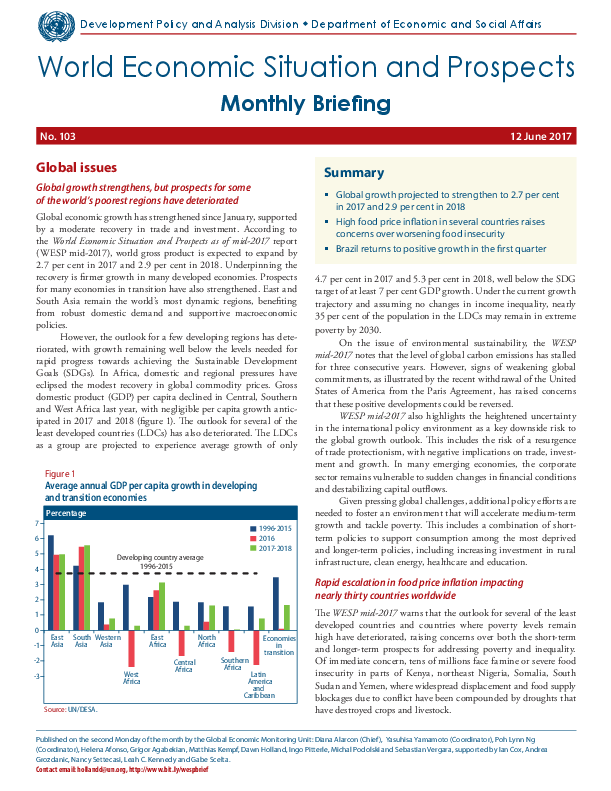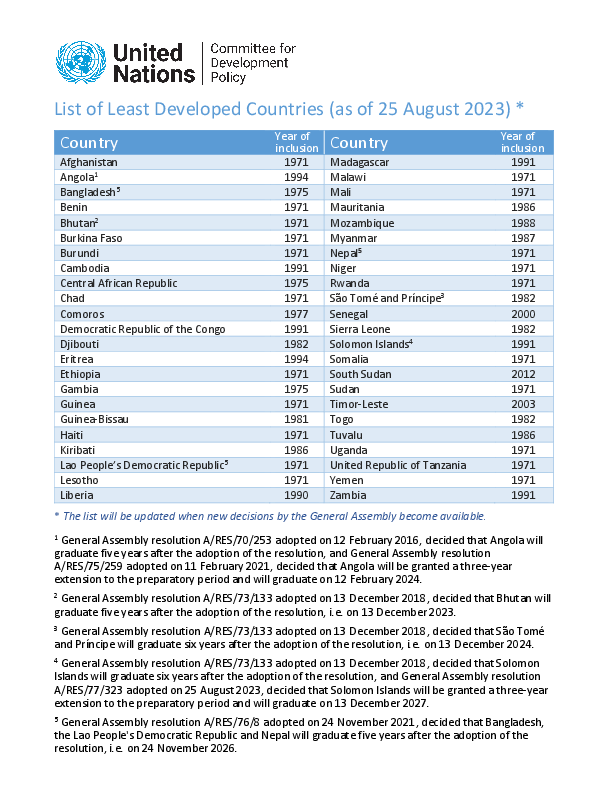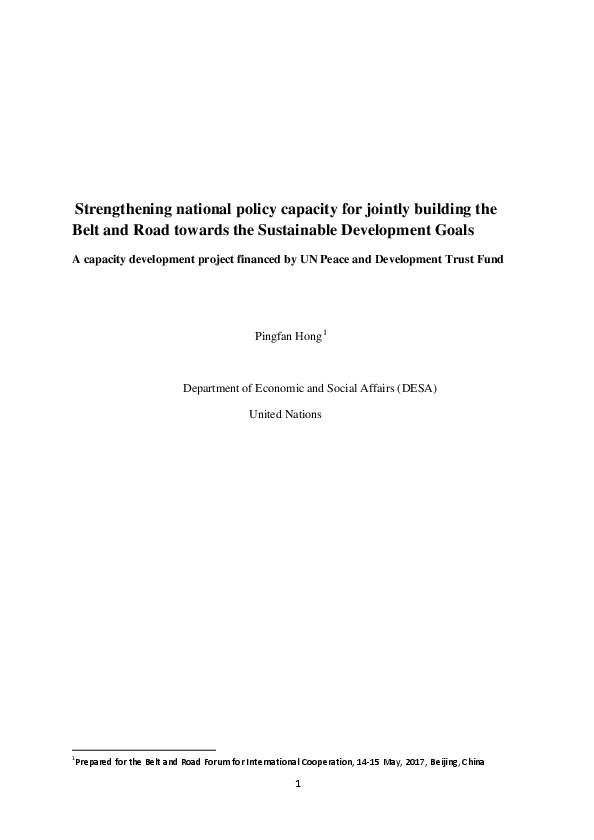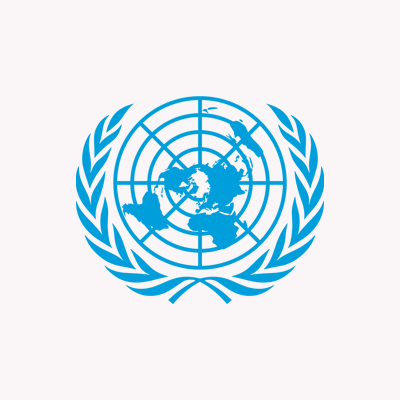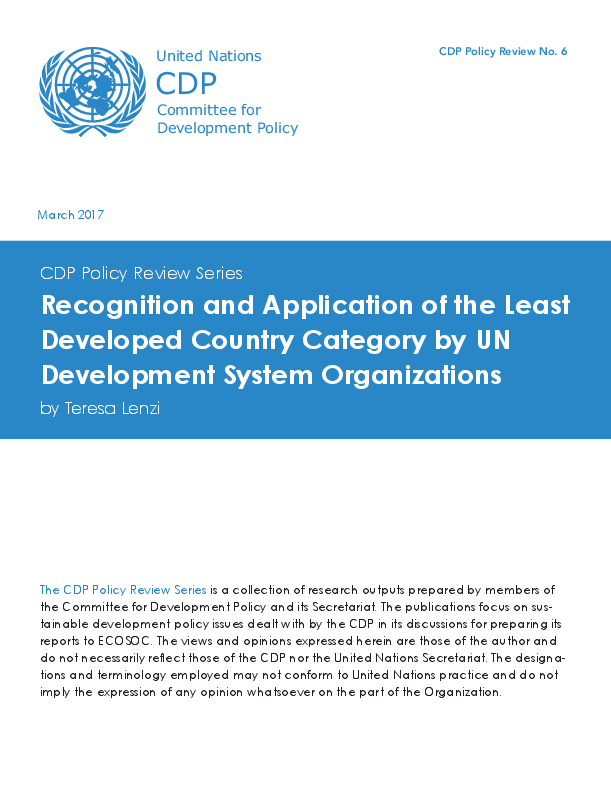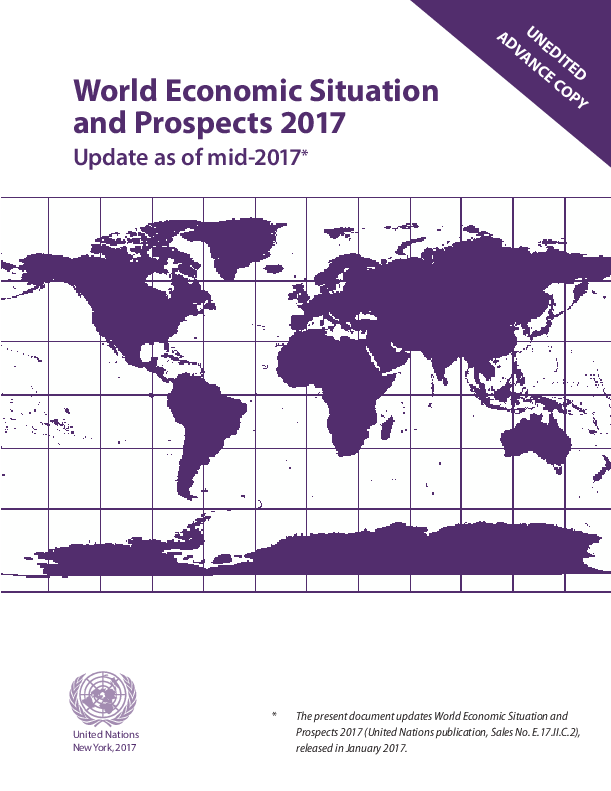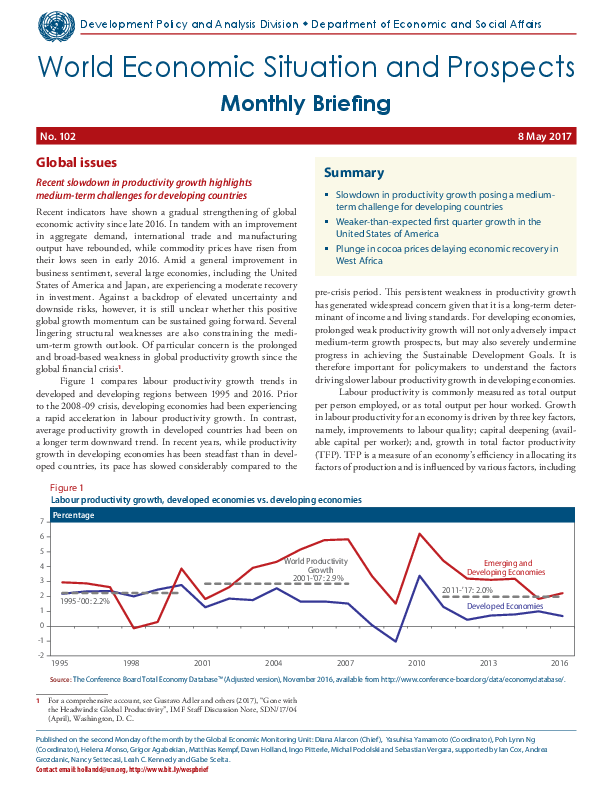Publications
Displaying 31 - 40 of 62
High food price inflation in several countries raises concerns over worsening food insecurity
Brazil returns to positive growth in the first quarter
Equator
????,?
Weaker-than-expected first quarter growth in the United States of America
Plunge in cocoa prices delaying economic recovery in West Africa
 Welcome to the United Nations
Welcome to the United Nations
